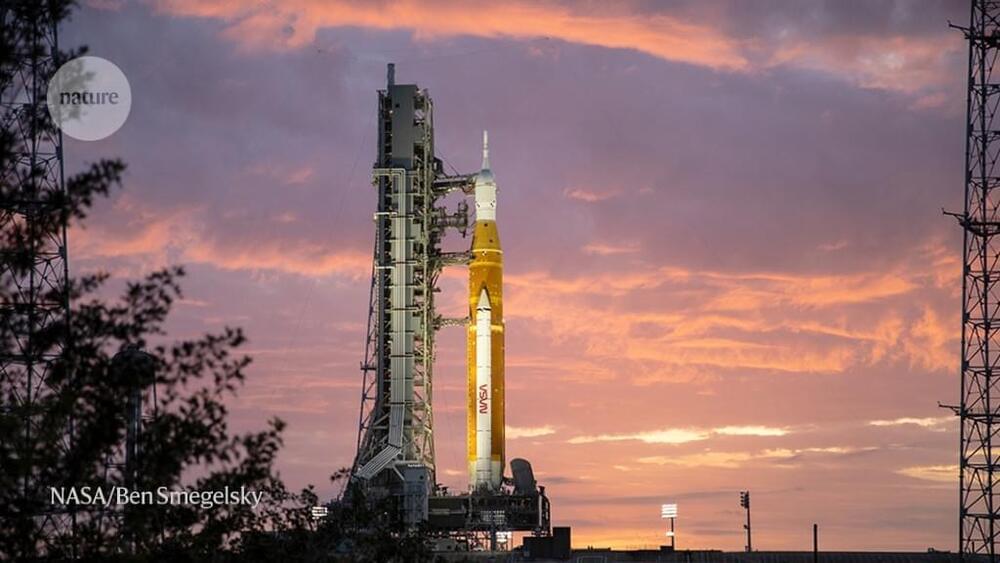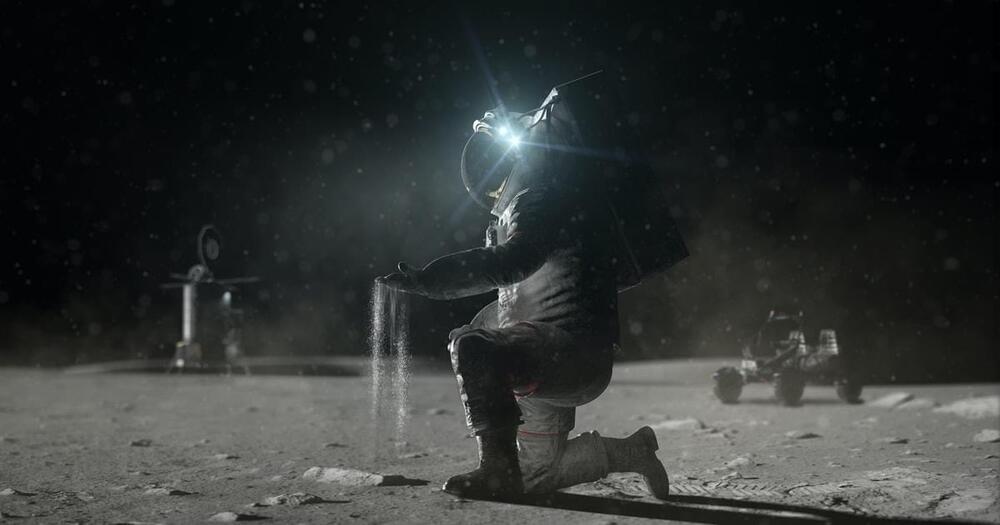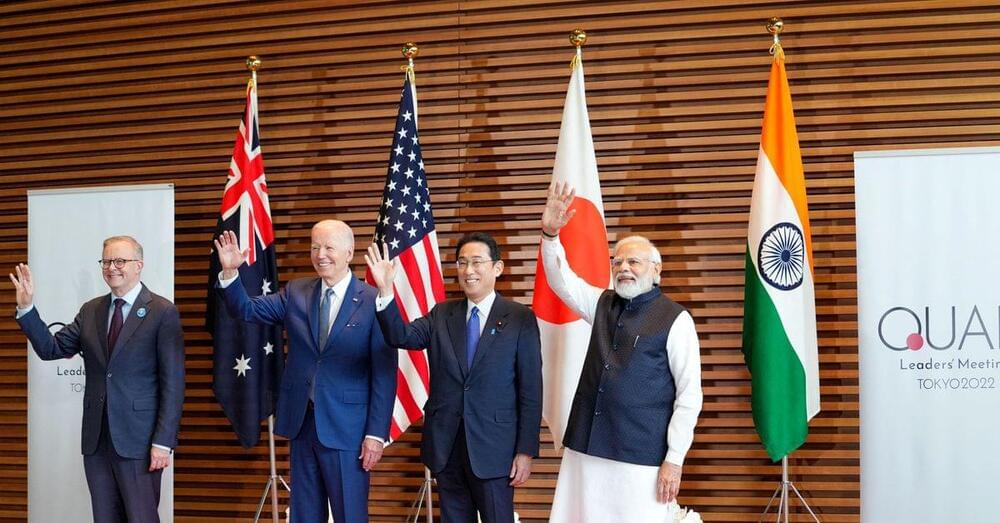Elon Musk is finally revealing some specifics of his Twitter content moderation policy. Assuming he completes the buyout he initiated at $44 billion in April, it seems the tech billionaire and Tesla CEO is open to a “hands-on” approach — something many didn’t expect, according to an initial report from The Verge.
This came in reply to an employee-submitted question regarding Musk’s intentions for content moderation, where Musk said he thinks users should be allowed to “say pretty outrageous things within the law”, during an all-hands meeting he had with Twitter’s staff on Thursday.
Elon Musk views Twitter as a platform for ‘self-expression’
This exemplifies a distinction initially popularized by Renée DiResta, a disinformation authority — according to the report. But, during the meeting, Musk said he wants Twitter to impose a stricter standard against bots and spam, adding that “it needs to be much more expensive to have a troll army.”





